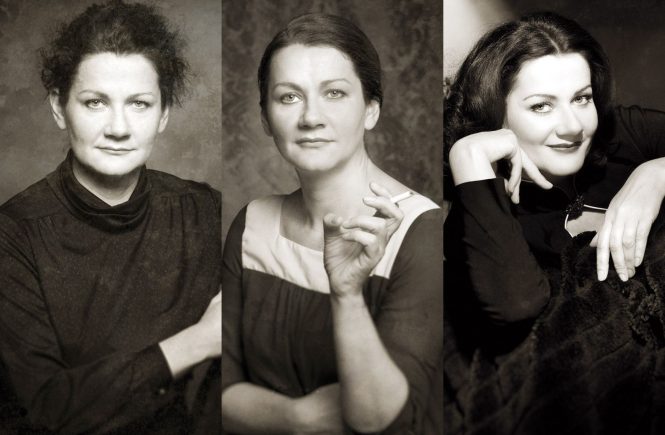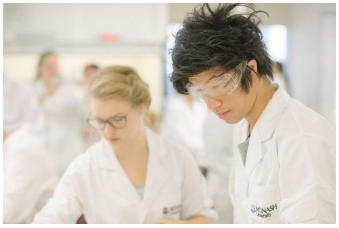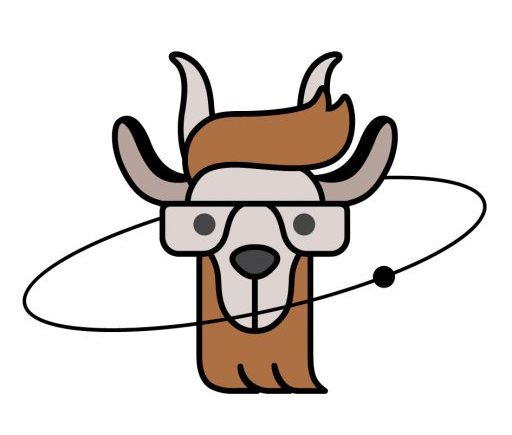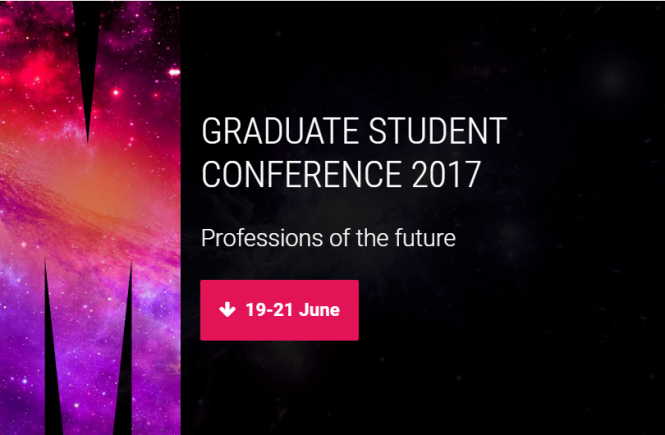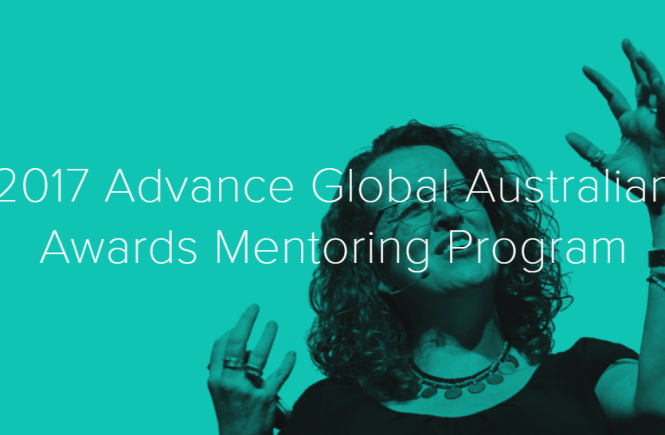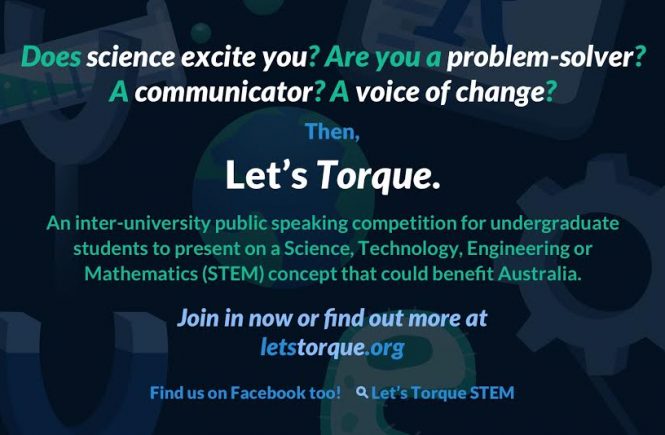It’s hard to believe but women in the 20th century were once perceived as incapable of advanced abstract thought – yet they were responsible for some of the world’s greatest scientific discoveries.
Monash University’s Faculty of Science, in conjunction with the School of Physics and Astronomy, is proud to present the international play ‘Curie, Meitner, Lamarr – Indivisible’ as part of National Science Week in August. There are 2 sessions, on the 15th and 16th of August and tickets are FREE!
Dates and locations
Tues, 15 August
8pm-10pm
Lecture Theatre Central 1 (C1)
Monash University Clayton Campus, Wellington Road , Clayton, Victoria
Wed, 16 August
6.30pm-8.30pm
Monash Cinema
Monash University Clayton Campus, Wellington Road , Clayton, Victoria
Learn more about the lives of these three women pioneers at: https://www.monash.edu/

